I’m skeptical that we are about to see this kind of realigning election, despite the attention given to the campaigns of the so-called “Third Force” parties. I’m also skeptical that this result will be the death knell for the KMT as a political party capable of winning elections. The KMT's coming defeat clearly reflects deep unhappiness with Ma Ying-jeou and the KMT’s rule over the last eight years, intensified by a spectacularly ill-timed economic downturn over the last few months (at least if you are a KMT member!) But an unpopular leader, toxic party brand, and disillusioned supporters are not fatal to major party survival, as the DPP showed after its 2008 electoral thrashing. So while a KMT recovery is not assured, and will at a minimum require some major leadership shakeups, we shouldn't expect the party simply to fade away, and for all those pan-blue supporters (still at least 30 percent of the electorate) to suddenly become fans of the DPP or one of the new parties.
Of course, I could be totally wrong--I'm just some guy on the internet, after all. But either way, we'll know a lot more soon: elections have a nice way of splashing everybody with a cold dose of reality. The results of the election this Saturday will give us the most concrete evidence we'll have to evaluate these competing narratives. So, in the interest of intellectual honesty, let me lay out my own expectations about what will happen, and what it means. Beyond who wins and loses, here's what I'll be watching most closely to see where Taiwanese politics is headed.
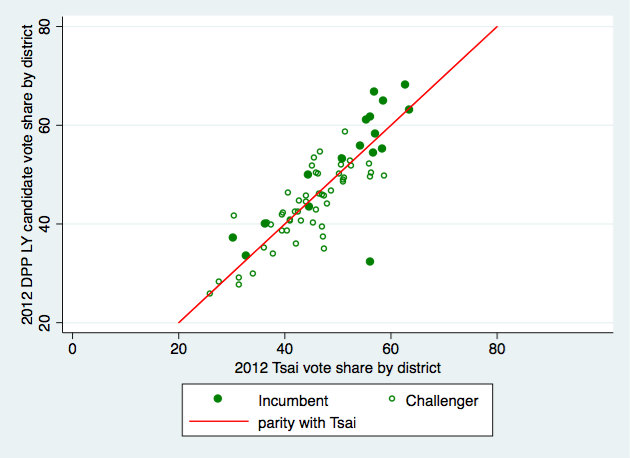
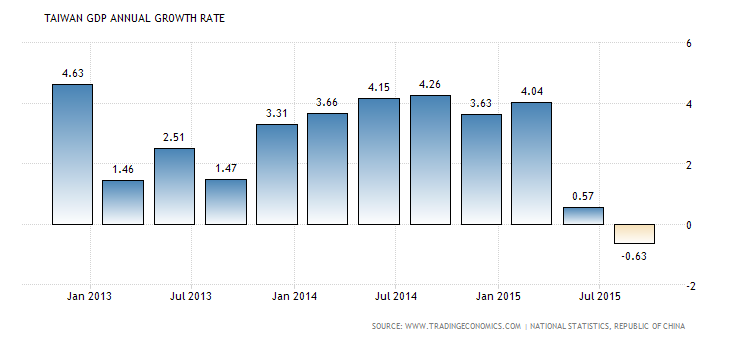
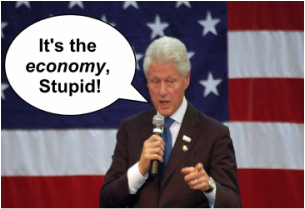
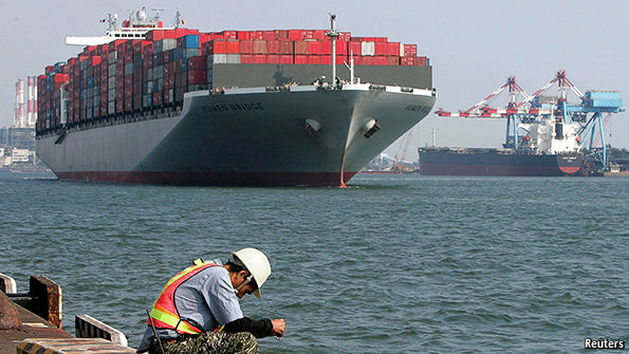
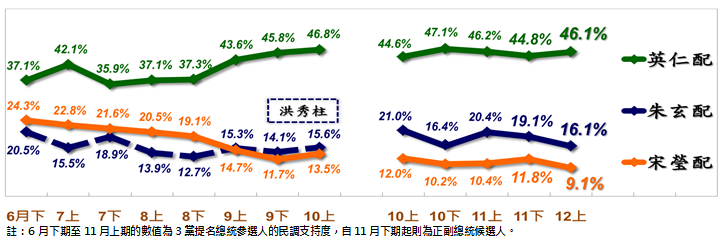
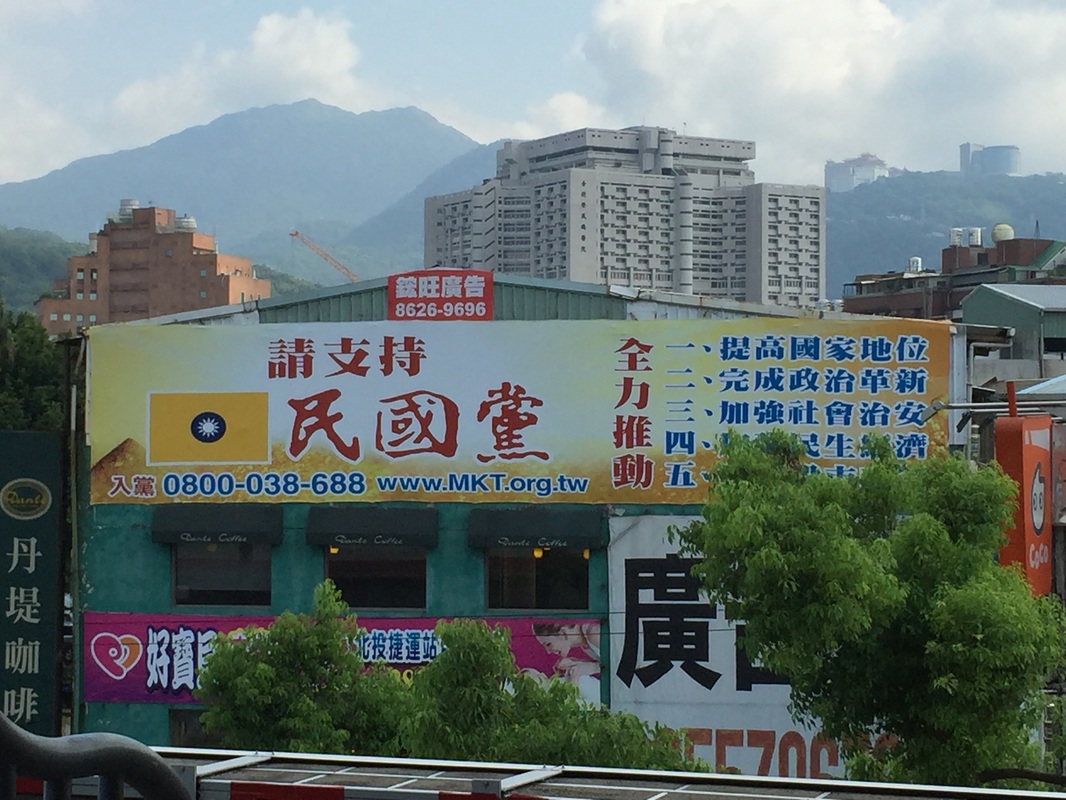
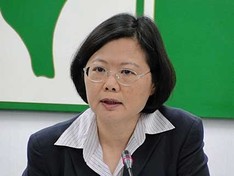
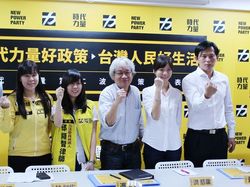
 RSS Feed
RSS Feed
